-
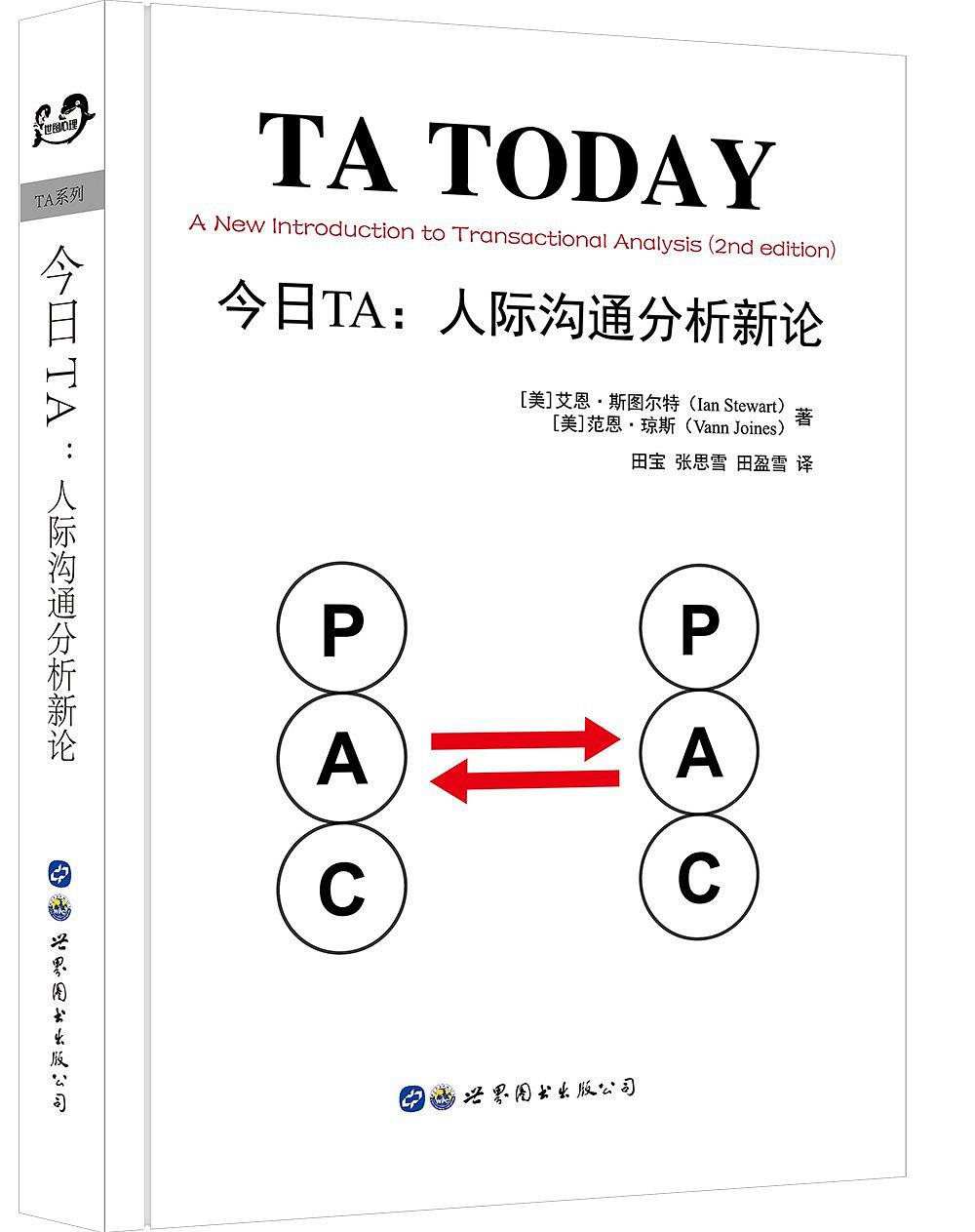
今日TA:人际沟通分析新论
这本书的目的是介绍沟通分析(transactional analysis,简称TA)当前的理论与运用。作者以非学术、很口语化的方式来传达今日TA深刻、复杂的理论,并用大量的范例来描绘其中的要点,非常适用於自学或是参加训练课程的学生。读者可以依循书中的指示实际练习,把每一次练习的结果和阅读此书的想法记录下来,因为这是学习TA蕞有效的方法:用在自己身上。当你读完此书,也做完每一个练习,相信将会更加认识自己,甚至借由这些知识改变生活。
这是一本风靡全球的TA疗法经典培训教材
资深督导多年经验倾囊相授艾恩·斯图尔特博士是“欧洲人际沟通分析协会”(EATA)和“国际人际沟通分析协会”(ITAA)的认证的教学和督导分析师。曾获得EATA的金奖。范恩·琼斯博士是ITAA认证的教学和督导分析师,美国注册临床心理学家,美国认证国家团体心理治疗师,美国婚姻与家庭治疗协会临床成员与认证督导,美国东南部团体和家庭治疗研究所所长,国际再决定疗法协会创始成员之一。
国际TA经典培训教材此书为人际沟通分析流派的经典培训教材之一,已被翻译为十五种语言,在全球畅销三十载。本书是原书英文版第二版,在第一版的基础了进行了大量的修订,包括词语,观点以及案例。
深入浅出、思路清晰、收录大量经典案例正文包括详尽的TA基础理论的讲解,配有简洁的说明性图表,还收录了大量有针对性的案例和个人成长练习。
丰富的支持性材料附录部分整理和介绍了TA经典著作、国际上各种TA组织的介绍、TA课程的介绍、注释和参考文献,以及上百条名词解释。
-

变态心理学(整合之道第7版)
两位作者身为享誉世界的心理学领军人物和学术权威,以本书开创了“整合”及“多维”视角,引领了近二十年来变态心理学教科书的论述方向。他们以自身强大的科研经历和di一手的临床经验为依托,整理了大量研究和实践证据,来展示遗传、行为、心理社会和文化等各类因素之间的复杂的交互关系,以及它们对人类异常精神状态所产生的深刻影响。
本书前4章介绍了人们对异常心理现象曲折的认识过程,异常心理现象背后的各大影响因素以及应如何看待它们、心理现象正常和异常的评估手段以及DSM诊断标准的进步与局限、阅读和理解研究结论的正确方法等重要常识问题。
第5章至第15章,详细介绍了焦虑、创伤应激、强迫、躯体症状、分离、抑郁、躁狂、自杀、暴食、厌食、睡眠、身心疾病与心身疾病、性功能、性欲倒错、性别焦虑、吸毒、酗酒、抽烟成瘾、赌博成瘾、各种人格障碍、精神分裂症谱系、注意力缺陷及多动、自闭症谱系、智力残疾、谵妄以及各种神经认知障碍等诊断的症状、DSM-5判断标准、流行病学数据、病因和治疗手段等内容,并辅以案例描述、阶段测验、延伸阅读、DSM探讨、全章小结以及图文汇总,便于准确理解、加强记忆。
第16章介绍了在美国法律框架下,精神卫生相关问题的变迁与现状,可供我国读者借鉴。
文后还附有全书重点术语中英文对照,并提供相应页码,方便读者查找、回看,以及DSM-5的诊断分类细目,为广大读者参考、备用。
-
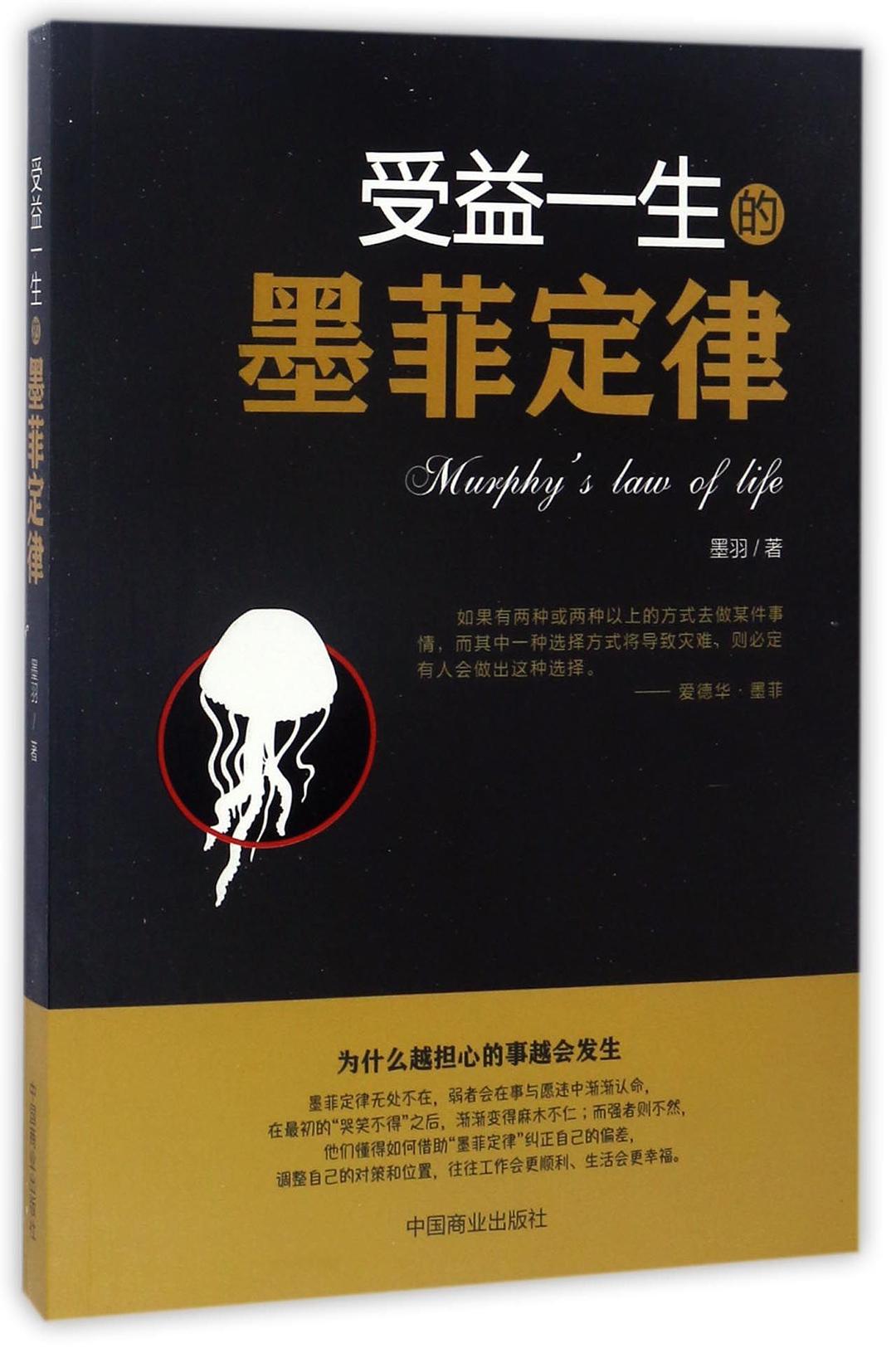
受益一生的墨菲定律
约会时,越不想被熟人看见,越可能会遇到熟人;看球赛时,最精彩的瞬间往往出现在你出去买啤酒的空档;和许久不见的朋友见面,时间总是很短,不知不觉就要分别;等在厕所外边时,哪怕只是一分钟也觉得无比漫长;常常一洗完车,紧接着就会下雨,结果往往是白洗一场;越着急的时候,越会有接踵而至的各种麻烦事;对股票涨幅越是期待,结果往往越会跌得惨淡;投资时越想赚一大笔,农奴翻身做主人,越是会亏得血本无归;…………为什么事情总是与我们的“意愿”背道而驰呢?
为什么总是会有这么多事与愿违的情况呢?为什么生
活里总是会有这些令人哭笑不得、啼笑皆非的事情呢?墨羽著的《受益一生的墨菲定律》从职场、社交、
谈判、决策、管理、经营、财富、投资、友谊、爱情、教育、消费、健康、生活等多个方面,诙谐有趣地揭示了“墨菲定律”,并立足于帮助广大读者有效地避开工作和生活中“见怪不怪”的无形陷阱,从而更高效地工作,更幸福地生活。
-
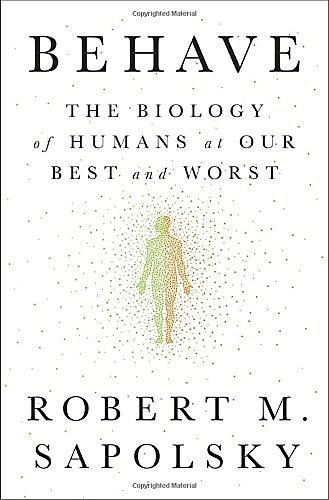
Behave
Why do we do the things we do?
More than a decade in the making, this game-changing book is Robert Sapolsky’s genre-shattering attempt to answer that question as fully as perhaps only he could, looking at it from every angle. Sapolsky’s storytelling concept is delightful but it also has a powerful intrinsic logic: he starts by looking at the factors that bear on a person’s reaction in the precise moment a behavior occurs, and then hops back in time from there, in stages, ultimately ending up at the deep history of our species and its evolutionary legacy.
And so the first category of explanation is the neurobiological one. A behavior occurs–whether an example of humans at our best, worst, or somewhere in between. What went on in a person’s brain a second before the behavior happened? Then Sapolsky pulls out to a slightly larger field of vision, a little earlier in time: What sight, sound, or smell caused the nervous system to produce that behavior? And then, what hormones acted hours to days earlier to change how responsive that individual is to the stimuli that triggered the nervous system? By now he has increased our field of vision so that we are thinking about neurobiology and the sensory world of our environment and endocrinology in trying to explain what happened.
Sapolsky keeps going: How was that behavior influenced by structural changes in the nervous system over the preceding months, by that person’s adolescence, childhood, fetal life, and then back to his or her genetic makeup? Finally, he expands the view to encompass factors larger than one individual. How did culture shape that individual’s group, what ecological factors millennia old formed that culture? And on and on, back to evolutionary factors millions of years old.
The result is one of the most dazzling tours d’horizon of the science of human behavior ever attempted, a majestic synthesis that harvests cutting-edge research across a range of disciplines to provide a subtle and nuanced perspective on why we ultimately do the things we do…for good and for ill. Sapolsky builds on this understanding to wrestle with some of our deepest and thorniest questions relating to tribalism and xenophobia, hierarchy and competition, morality and free will, and war and peace. Wise, humane, often very funny, Behave is a towering achievement, powerfully humanizing, and downright heroic in its own right.
-
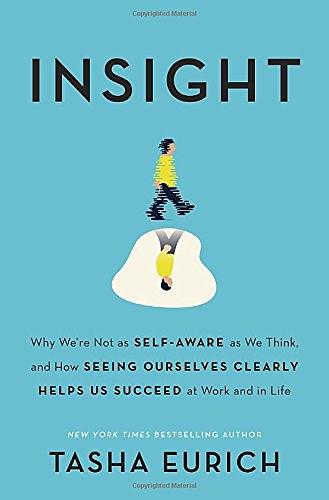
Insight
What is the secret to happiness and success? You don’t need to fix yourself. But you definitely need to know yourself.
Research shows that self-awareness – knowing who we are and how others see us – is the foundation for high performance, smart choices, and lasting relationships. Without it, it’s impossible to master the skills needed to succeed in business and life: skills like emotional intelligence and empathy, influence and persuasion, communication and collaboration.
Most people instinctively know this. After all, it’s become almost a national pastime to point out when self-awareness is lacking in the people around us: politicians, coworkers and bosses, in-laws, the friend who posts endless selfies on social media. The problem is we rarely consider whether we, too, could stand to improve on this critical skill. And making matters worse, it’s woefully rare to get candid, honest feedback on how we come across, both at work and at home.
But it doesn’t have to be that way. Integrating hundreds of studies with her own research and work in the Fortune 500 world, organizational psychologist Tasha Eurich shows us what it takes to see ourselves more clearly: how to better understand what makes us tick on the inside, how to get others to tell us the honest truth about how they see us, and how to use this insight for greater success, confidence and self-acceptance.
Through stories of people who’ve made dramatic gains in self-awareness, she offers surprising secrets, techniques and strategies to help readers do the same - and therefore improve their work performance, career satisfaction, leadership potential, relationships, and more.
At a time when self-awareness matters more than ever, Insight is the essential playbook surviving and thriving in an unaware world.
-
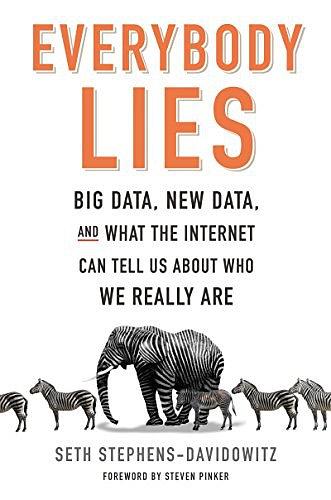
Everybody Lies